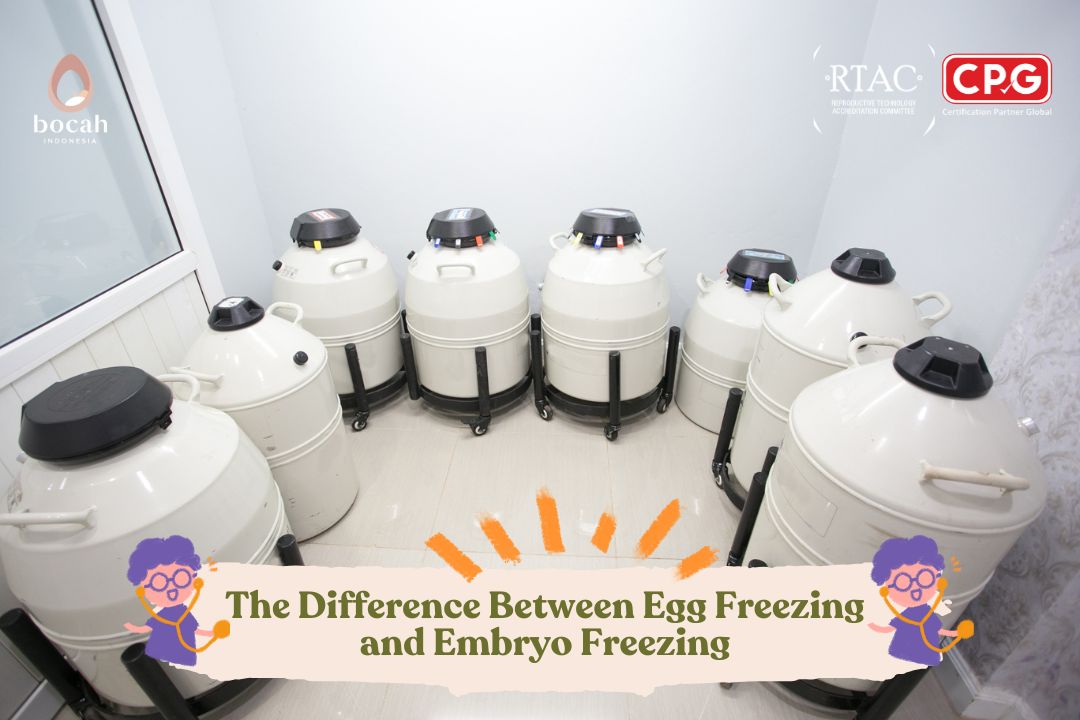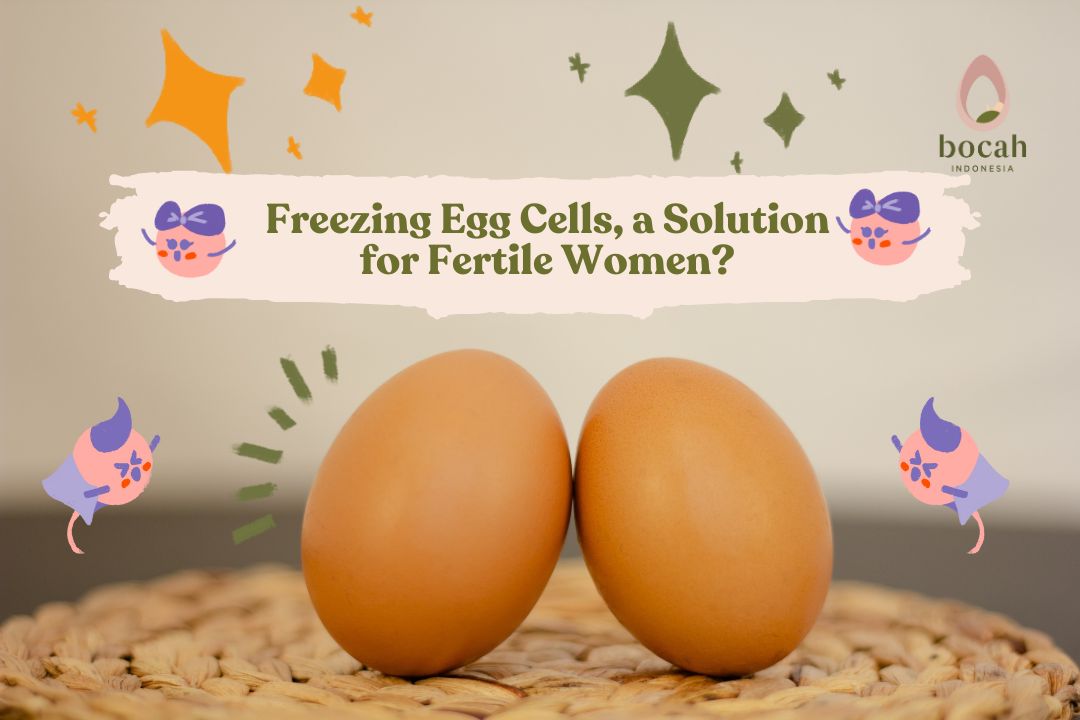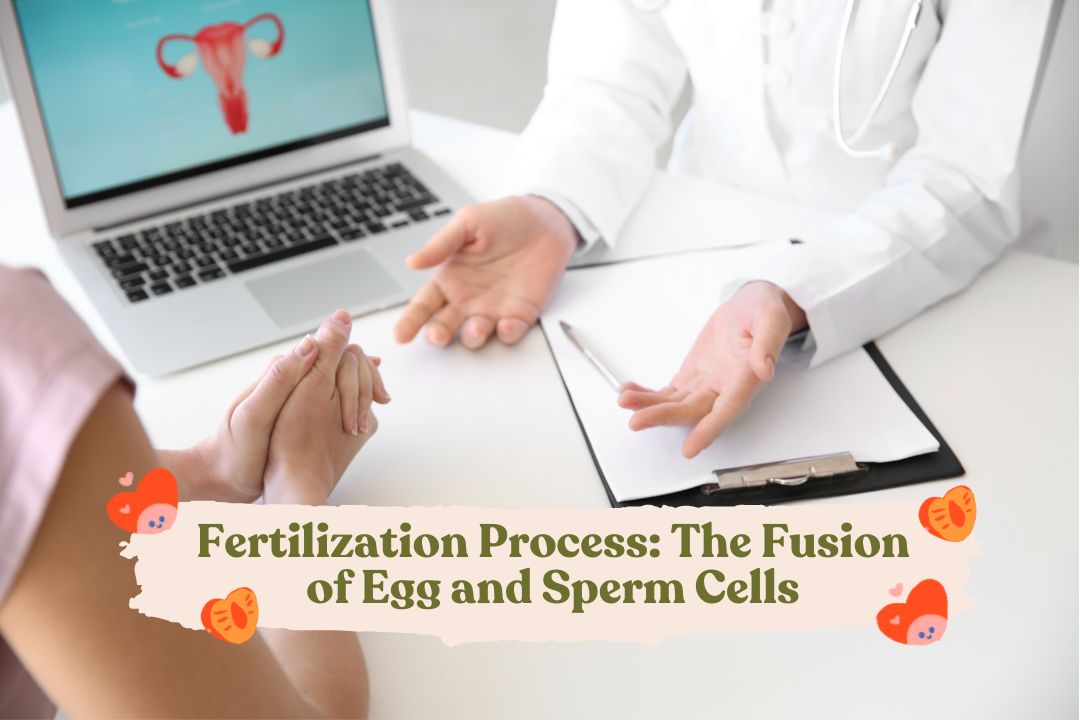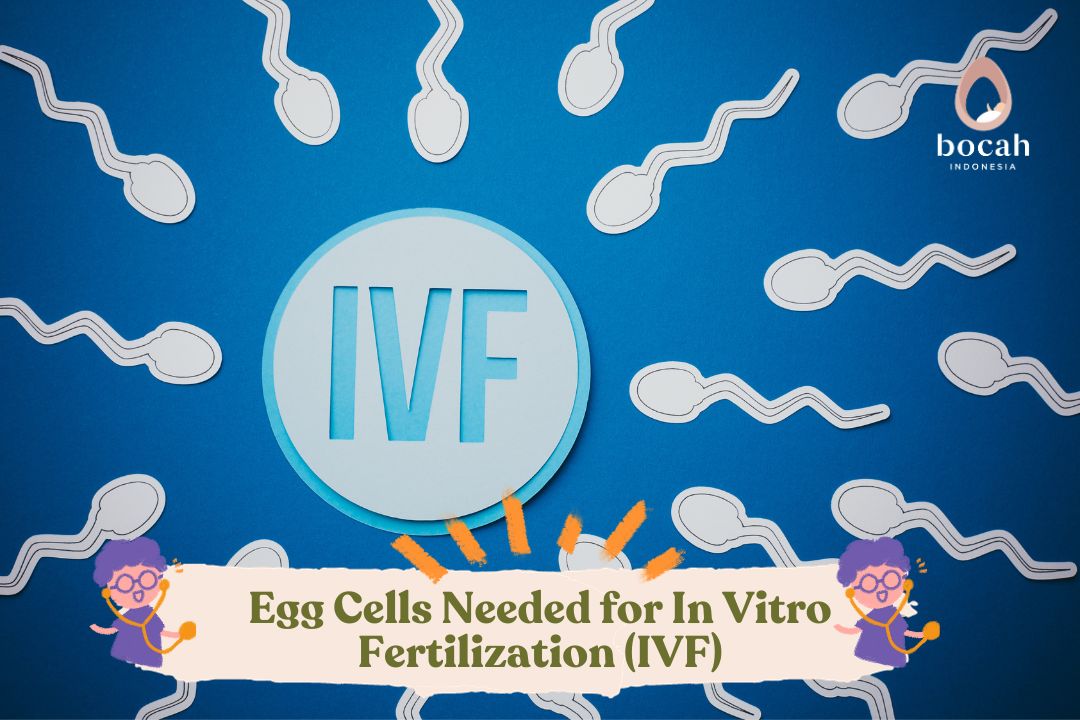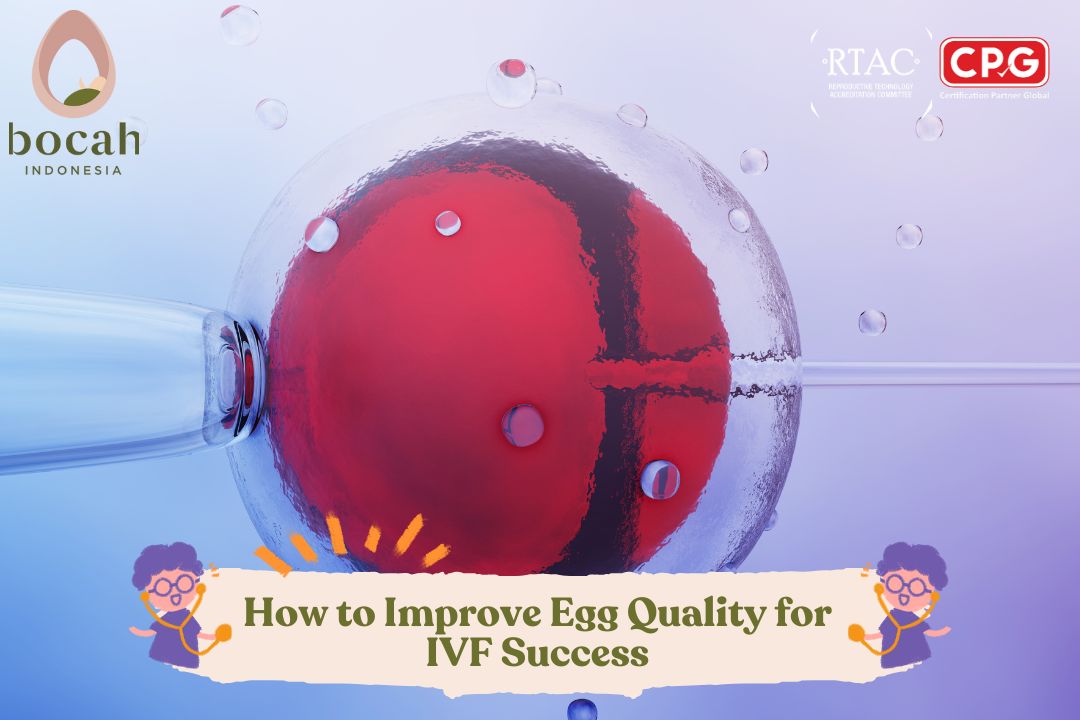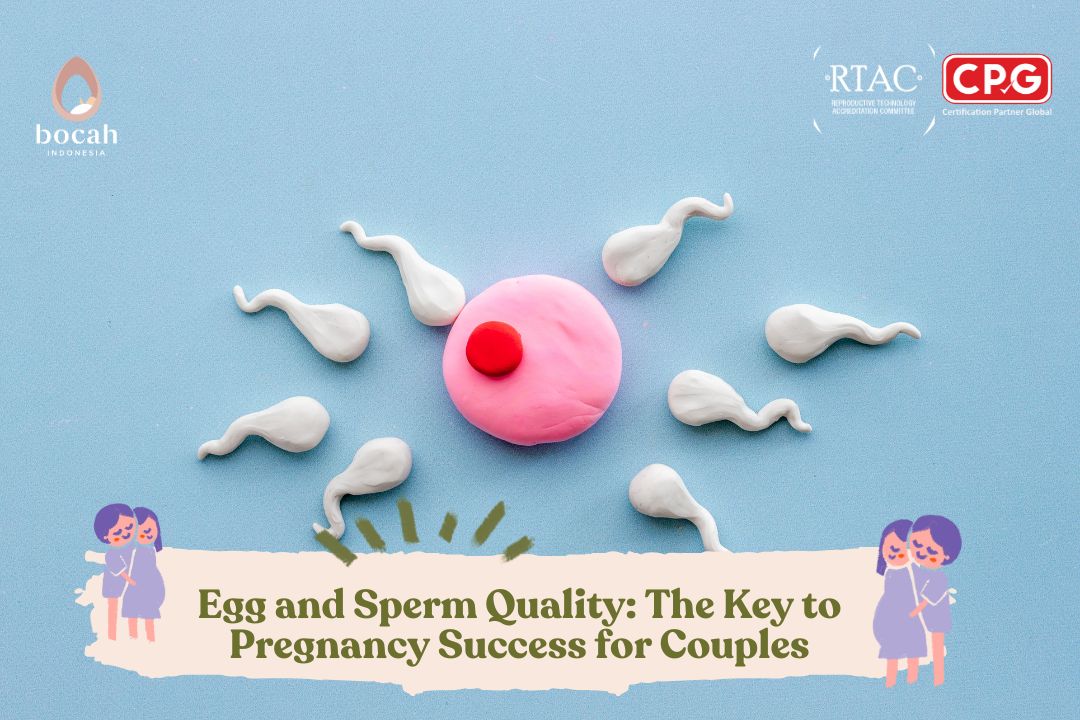Egg Freezing: When Is the Right Time?
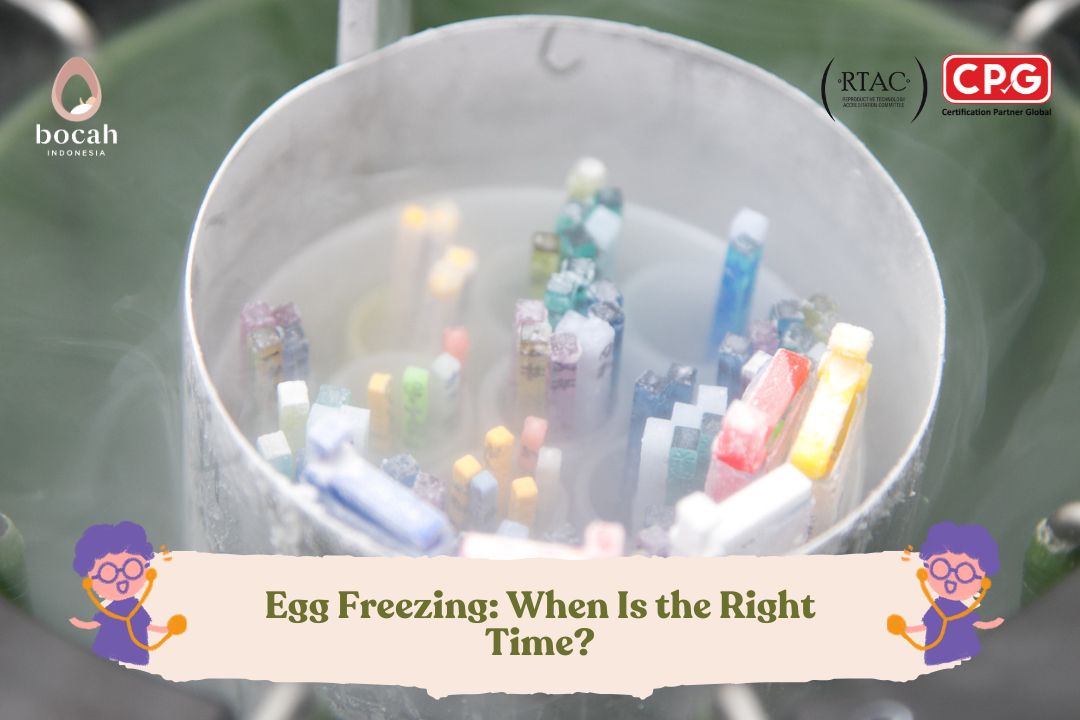
The optimal time to freeze eggs may differ from the time when egg quality is considered best.
In recent decades, the average age at which women give birth for the first time has continued to rise. In 2023, a research team from Indiana University released a study showing that the current average age for women having their first child is 26.4 years. The reasons for delaying pregnancy are believed to be multifactorial, stemming from social, educational, and economic factors. This delay in attempting to conceive has led to an increase in age-related infertility cases.
Currently, standard fertility treatments can only address a portion of age-related infertility issues. However, with the discovery of cryopreservation or egg freezing, an alternative method exists to preserve fertility for single women who are not yet ready for pregnancy.
Egg freezing allows the preservation of eggs at their current quality—meaning young eggs are retrieved—thereby maintaining a high success rate for future pregnancies. Studies on in vitro fertilization (IVF) programs using donor eggs have found that frozen eggs yield comparable live birth rates to fresh eggs.
Despite this advancement, a fundamental question remains: What is the ideal age to freeze eggs?
Tanya Mincah tentang Promil?
What Is the Best Age for Egg Freezing?
It is well established that female fertility declines with age. This is directly related to the number of remaining eggs in the ovaries as well as their quality. Not all eggs can be fertilized or develop into viable embryos. Generally, a woman’s fertility begins to decline in her late 20s or early 30s. After age 35, fertility tends to decrease more rapidly as the ovarian reserve diminishes.
Egg freezing has been practiced for over 30 years. Its success depends on several factors, including the woman’s age at the time of freezing, indications for the procedure, the number of eggs frozen, and the freezing method used. However, among these factors, age at the time of freezing is the most crucial. The principle of “the younger, the better” holds some truth, but it is not necessarily the most efficient approach.
A study by Doyle et al. found that live birth rates from frozen eggs decline as age increases (7.4% for women under 30, 7% for women aged 30–34, 6.5% for those aged 35–37, and 5.2% for women 38 and older). While freezing eggs at a younger age maximizes both quantity and quality, younger women are less likely to use these frozen eggs in the future. This is because most younger women will conceive naturally or explore other options for having children.
On the other hand, egg freezing at an older age—beyond 40—is rarely successful. At this stage, more egg retrieval cycles are required due to the lower quantity and quality of available eggs, increasing the physical, mental, and financial burden. In other words, there must be a balance between expected benefits and cost-effectiveness when determining the ideal age for egg freezing.
Nagy et al. studied women who underwent elective egg freezing and found that live birth rates were significantly higher for those under 35 compared to those aged 35 and older (23.8% versus 12%). More specifically, a 2015 model-based study concluded that:
- Egg freezing offers minimal benefits between ages 25–30, with the greatest benefits occurring between ages 32–37.
- Egg freezing provides the highest increase in live birth rates—compared to no intervention—when performed at age 37 (51.6% versus 21.9%).
- The highest probability of live birth (over 74%) is achieved when eggs are frozen before age 34.
- From a cost-effectiveness perspective, egg freezing is most efficient at age 37.
Based on these findings, experts conclude that freezing eggs at a very young age (under 30) is not cost-effective, as the likelihood of using the frozen eggs is low. Similarly, undergoing the procedure at an older age (over 40) is also inefficient due to the low chances of achieving pregnancy with retrieved eggs.
Thus, the early to mid-30s is considered the optimal age group for elective egg freezing. Specifically, studies by Polyakov et al. in 2023 suggest the ideal age range is between 32 and 38. A younger age may be recommended for individuals with diminished ovarian reserve or those at risk of premature ovarian insufficiency (POI).
How Long Can Eggs Be Stored?
Egg freezing can be an effective way to plan the timing of pregnancy. Theoretically, eggs can be stored for 10 years or even longer without losing quality. However, current research data only covers storage durations of up to 4 years, and most fertility clinics impose an upper age limit for using frozen eggs in pregnancy attempts. Additionally, it is important to consider that the older a woman is when she becomes pregnant, the higher the risk of pregnancy complications, such as miscarriage, high blood pressure, and diabetes.
When a woman is ready to conceive, the frozen eggs are thawed to body temperature. Before proceeding, the eggs are assessed to determine their viability for fertilization via intracytoplasmic sperm injection (ICSI). The fertilized eggs are then cultured for 3–5 days before being prepared for transfer into the uterus to implant and establish pregnancy.
Conclusion
Egg freezing has been proven to be a viable alternative for achieving pregnancy with high-quality embryos. However, the age at which a woman freezes her eggs plays a crucial role in determining the outcome. Considering pregnancy success rates, live birth rates, and cost-effectiveness, research suggests that the best time to freeze eggs is in the mid-30s, specifically between the ages of 32 and 38.
Source:
- Cascante SD, Berkeley AS, Licciardi F, McCaffrey C, Grifo JA. Planned oocyte cryopreservation: the state of the ART. Reproductive BioMedicine Online. 2023 Aug 24:103367.
- Mesen TB, Mersereau JE, Kane JB, Steiner AZ. Optimal timing for elective egg freezing. Fertility and sterility. 2015 Jun 1;103(6):1551-6.
- Pai HD, Baid R, Palshetkar NP, Pai A, Pai RD, Palshetkar R. Oocyte cryopreservation-current scenario and future perspectives: a narrative review. Journal of Human Reproductive Sciences. 2021 Oct 1;14(4):340-9.
- Polyakov A, Piskopos J, Rozen G. Focus: Elective egg freezing: State of the ART. Australian Journal of General Practice. 2023 Jan 1;52(1/2):20-3.
- Wang RJ, Al-Saffar SI, Rogers J, Hahn MW. Human generation times across the past 250,000 years. Science Advances. 2023 Jan 6;9(1):eabm7047.


